India has reported its first case of the highly contagious clade 1b strain of mpox, marking a new chapter in the nation's battle against this viral infection. A 38-year-old man from Kerala, who had recently traveled from the United Arab Emirates, has tested positive for this fast-spreading variant. This particular strain has raised global concern, prompting the World Health Organization (WHO) to declare mpox a Public Health Emergency of International Concern (PHEIC).
As cases begin to emerge in India, it’s crucial to understand what this means for the public, healthcare systems, and how we can mitigate the risks.
The Virus and Its Strains: Mpox, caused by the monkeypox virus, is a viral infection that belongs to the genus Orthopoxvirus. While the world has been suffering with multiple health crises, mpox has quietly emerged as a disease of concern due to its rapid transmission and potential severity.
There are two main variants of the mpox virus:
1. Clade 1b (Central African/Congo Basin strain): Known for its higher virulence, this strain is associated with more severe symptoms and higher mortality rates.
2. Clade 2 (West African strain): Though still dangerous, it is generally considered less severe than clade 1b.
The recent case in Kerala, caused by clade 1b, is significant as this strain is known for its fast spread and more severe symptoms. It has a mortality rate of up to 10%, making it a serious public health concern.
Earlier this year, India also saw a case of clade 2 in a 26-year-old resident of Haryana’s Hisar. While both strains are concerning, clade 1b poses a greater threat due to its ability to cause more serious health complications.
Symptoms and Transmission
Mpox symptoms typically begin with a skin rash, which is followed by pus-filled blisters. Other common symptoms include high fever, headaches, muscle aches, back pain, and swollen lymph nodes. In more severe cases, patients may experience fatigue, sore throats, and pain in the groin and genital areas. The blisters can appear on various parts of the body, including the face, mouth, throat, and even the palms and soles of the feet.
What makes mpox particularly worrisome is the way it spreads. The virus is primarily transmitted through skin-to-skin contact, but it can also spread via respiratory droplets, making it a concern in crowded environments. According to WHO, people with multiple sexual partners are at a higher risk of contracting the virus, as are those who come into contact with contaminated items such as clothing or linen.
Children, pregnant women, and individuals with weakened immune systems, particularly those living with HIV, are especially vulnerable. This raises a red flag for healthcare workers and caregivers, who need to be extra vigilant to prevent transmission in both medical and community settings.
Clade 1b: A More Aggressive Strain
The clade 1b variant of mpox is particularly concerning because it’s more aggressive than the West African strain (clade 2). This strain has been spreading rapidly, especially in regions like the Democratic Republic of Congo (DRC), where it has led to severe health outcomes. A report published in Nature highlights that in the DRC alone, there have been 18,000 suspected cases this year, with over 600 deaths.
One of the reasons behind these alarming statistics is the high rate of transmission between humans, particularly through close physical contact and sexual transmission. Secondary health conditions, such as HIV, further exacerbate the situation. Individuals living with untreated HIV face a mortality rate from mpox that is double that of the general population. This is a significant concern, especially in regions where access to healthcare is limited, and conditions like malnutrition are rampant.
According to infectious disease researcher Laurens Liesenborghs from the Institute of Tropical Medicine in Belgium, the high death rate seen in children under five years old can also be linked to malnutrition. In areas where children are already vulnerable due to poor nutrition and limited healthcare resources, diseases like mpox can take a devastating toll.
What Does This Mean for India?
The detection of the clade 1b variant in India is a wake-up call. While India has made significant strides in public health, the country is not immune to the rapid spread of infectious diseases, especially in densely populated areas. The key challenge lies in containing the virus before it becomes a widespread public health crisis.
The first step is to raise awareness among the public and healthcare providers. Early detection and isolation of mpox cases can prevent further transmission. Public health campaigns should focus on educating people about the symptoms of mpox, how it spreads, and the importance of seeking medical attention if symptoms appear.
Moreover, hospitals and clinics need to be equipped with the necessary tools to diagnose and treat mpox. Healthcare workers should be trained to identify cases early and to use protective measures when treating infected patients. Given the virus’s ability to spread through close contact, personal protective equipment (PPE) and proper sanitation protocols are essential.
The Role of WHO and Global Efforts
The World Health Organization’s declaration of mpox as a public health emergency highlights the need for global cooperation in tackling this disease. International health organizations are closely monitoring the spread of the virus and providing guidelines to countries like India to contain the outbreak.
In regions like the DRC, where the clade 1b variant has wreaked havoc, the lessons learned can serve as a blueprint for India’s response. By studying how other countries have managed to contain the virus, India can adopt strategies that have proven successful, such as contact tracing, isolation of infected individuals, and targeted vaccination campaigns.
One of the most pressing concerns with the mpox outbreak is protecting vulnerable populations, particularly children, pregnant women, and people with compromised immune systems. As mentioned earlier, individuals with untreated HIV are at a higher risk of severe outcomes if they contract mpox. This makes it crucial for public health officials to ensure that vulnerable groups have access to appropriate healthcare services.
In addition, rural areas, where healthcare infrastructure may be lacking, need to be prioritized in the government’s response to mpox. Public health officials should work with local governments to ensure that rural communities have access to diagnostic tools, treatment options, and educational resources.
To prevent the spread of mpox, India must adopt a multi-pronged approach that includes public awareness campaigns, enhanced surveillance, and the strengthening of healthcare infrastructure. Vaccination programs may also play a role in controlling the outbreak. While a specific mpox vaccine is not widely available, the smallpox vaccine has been shown to provide some protection against mpox.
In the meantime, individuals can protect themselves by avoiding close contact with infected individuals, practicing good hygiene, and using protective measures such as masks and gloves when caring for someone with mpox. Public health officials should also emphasize the importance of isolating infected individuals until their symptoms have fully resolved.
The first case of clade 1b in India marks a turning point in the nation’s fight against mpox. While the virus may not yet be widespread in India, the rapid transmission of this strain in other countries serves as a warning. India must remain vigilant and proactive in its response to this emerging health threat.
By prioritizing public health, raising awareness, and taking swift action to contain the virus, India can prevent mpox from becoming a larger crisis. The battle against infectious diseases is never-ending, but with the right strategies and a united effort, India can overcome this new challenge.
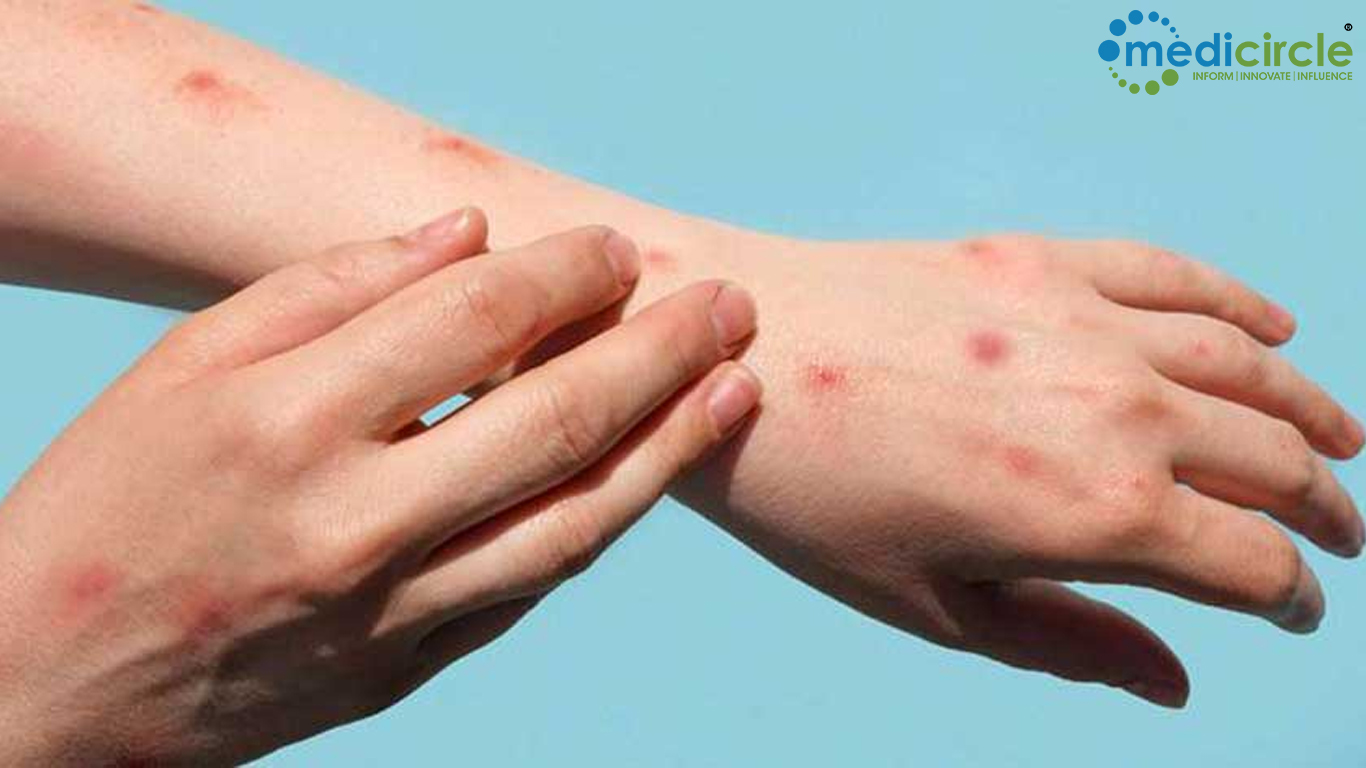
 While India has made significant strides in public health, the country is not immune to the rapid spread of infectious diseases, especially in densely populated areas.
While India has made significant strides in public health, the country is not immune to the rapid spread of infectious diseases, especially in densely populated areas.










.jpeg)


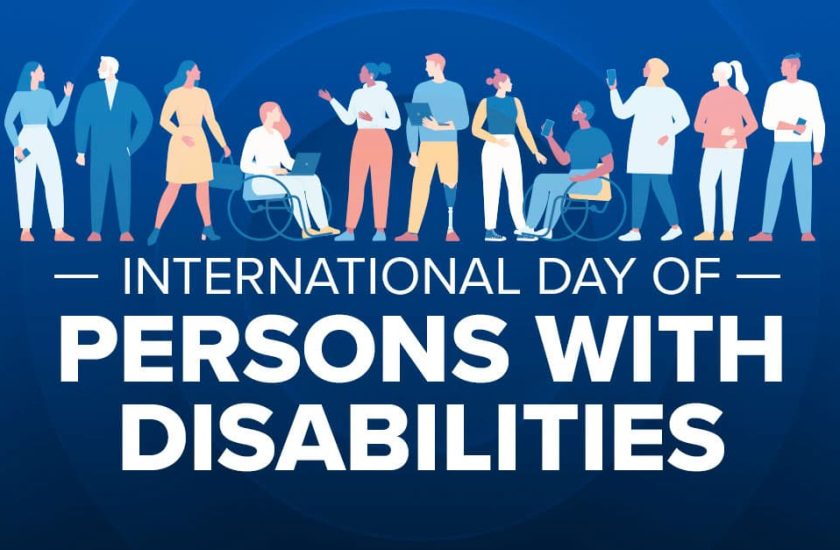



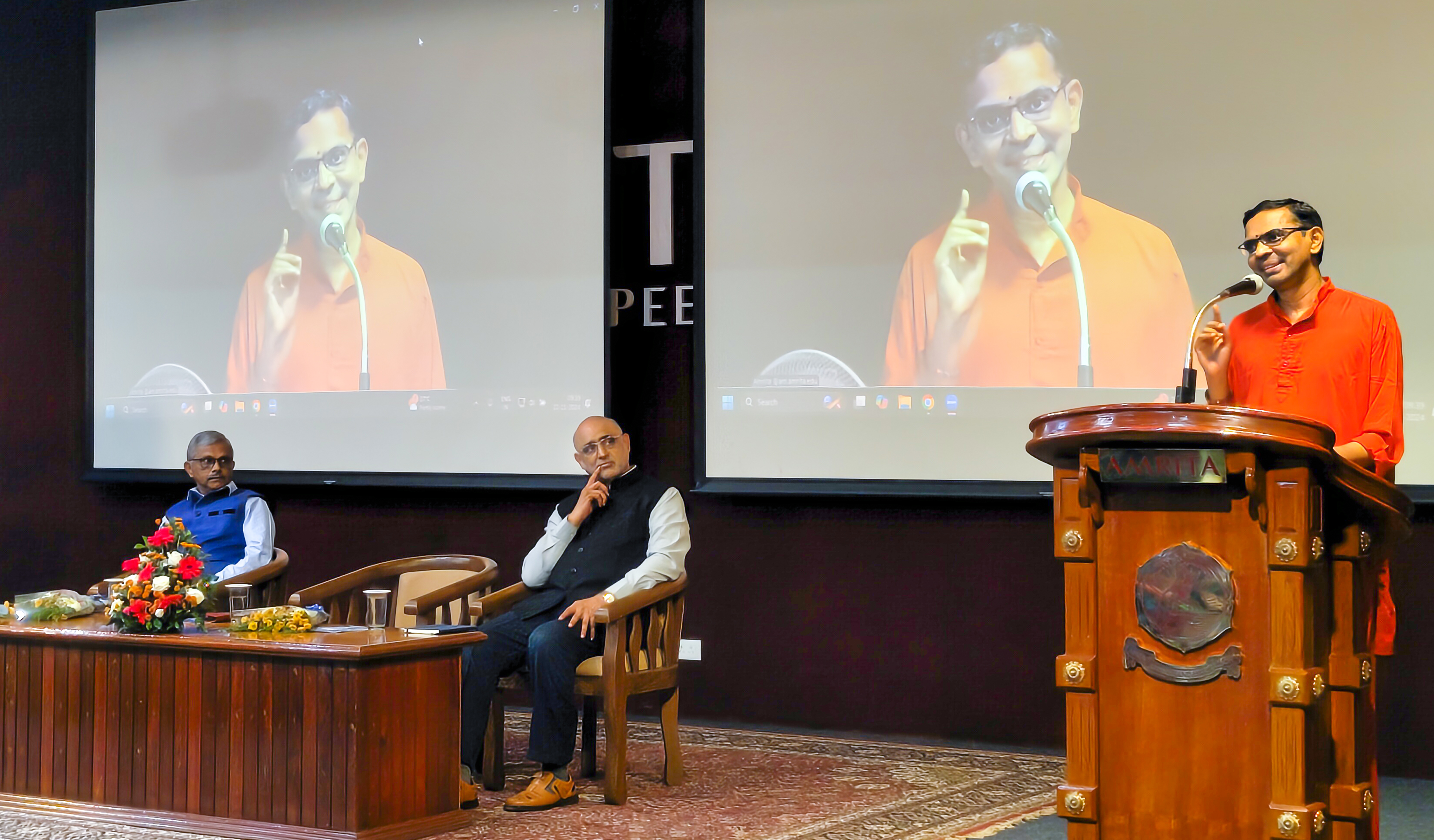
.jpg)
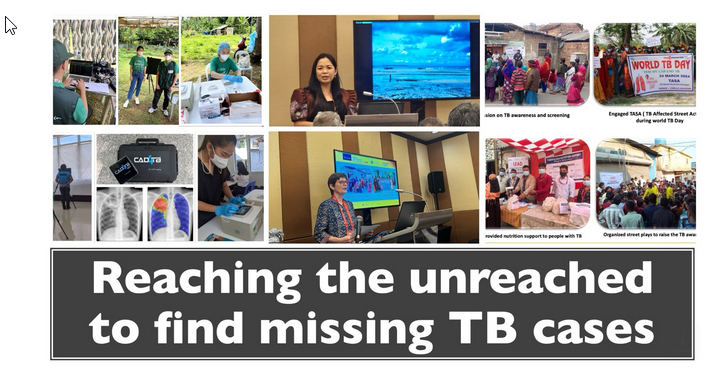



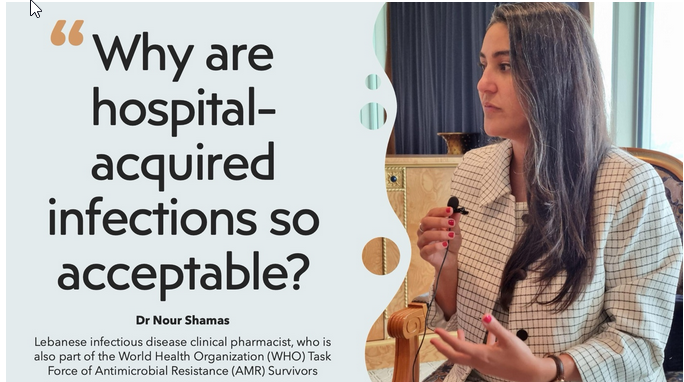
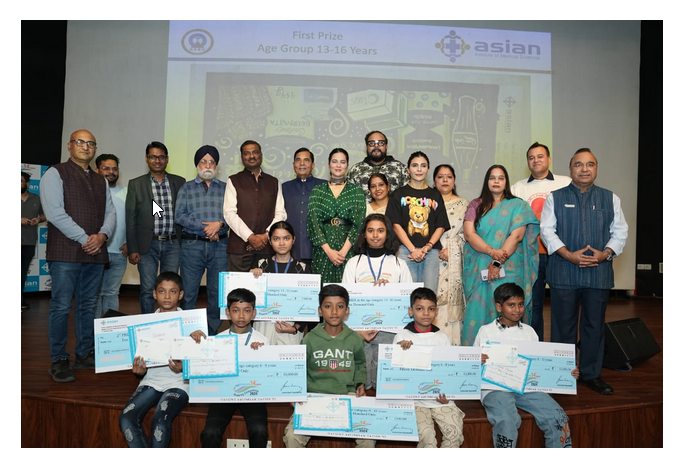

.jpg)




